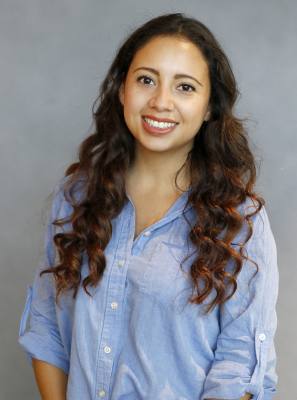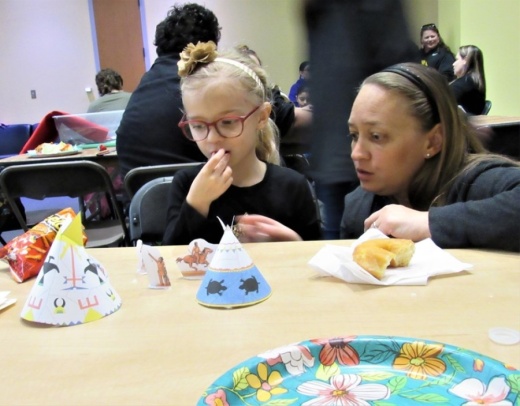Southeast Georgetown takes up the corner of the city east of I-35 and south of University Avenue. It is demographically diverse, made up mostly of working-class residents, SEGCC Executive Director Chuck Collins said.
Collins said these particular residents are often in need of the most services—whether it be public transportation, affordable and quality housing, language access in schools, or access to health foods and nutrition programs—but are the least connected. That is where SEGCC comes in.
“Our mission is to facilitate community problem solving by bridging the gaps between neighbors, city agencies, elected representatives and other groups,” Collins said.
An example of this with the organization’s immigration assistance program.
First proposed by two Southeast Georgetown residents, this arm of the organization assists those seeking citizenship status or who have questions about their current status.
It offers help with citizenship test prep, navigating paperwork, answering legal questions and more, and staff is working on completing its final step of receiving a certification that will allow the organization to work directly with status changes and issues. Granted through the Department of Justice, Collins said they hope to receive the certification in August.
The organization also holds regular community events and discussion panels to help educate others on groups of people different from their own, such as the Native American Culture Day Potluck held in February or a planned virtual African American panel to be held Aug. 19 at 7 p.m. The event will be free, but the organization is collecting donations.
SEGCC has also held a “Diversity through the Years” art contest in collaboration with Southwestern University, and it has a group of bilingual residents who volunteer as translators for schools events such as parent-teacher nights so children do not have to be the translators for their parents.
“We are absolutely community based, and we’re here to help people help themselves, whatever that looks like,” Collins said.





